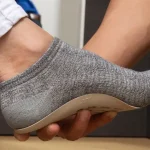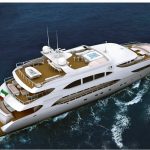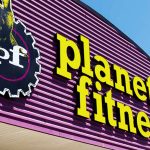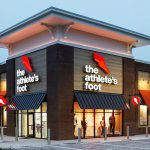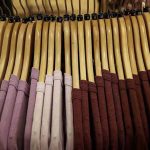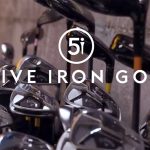PPR SA, the French-parent of Puma as well as luxury brands such as Gucci and Yves Saint Laurent, agreed to buy action sports-inspired apparel maker Volcom Inc for $607.5 million. Volcom will be the first brand outside Puma in PRR’s new Sport & Lifestyle Group, which is being headed by former Puma CEO Jochen Zeitz.
PPR made a tender offer to acquire all outstanding Volcom shares for $24.50 a share, a 37 percent premium over Volcom’s three-month average trading price. Richard Woolcott, Volcom’s chairman, chief executive officer, and founder, as well as his team, will be joining PPR.
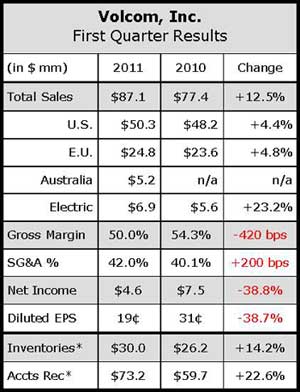
Some Volcom directors and officers, who own 14.4 percent of the outstanding shares, have already agreed to tender their shares and the company’s board has recommended that other shareholders do the same. The deal is expected to close in the third quarter.
The deal is the latest step in PPR’s strategy to shrink its retail arm and add more sports brands to complement its strong luxury business, which includes Gucci, Yves Saint Laurent, Bottega Veneta, Balenciaga, Sergio Rossi, Alexander McQueen and Stella McCartney.
“Volcom is one of, if not the leading global action sports brand, with a 20-year heritage in action sports,” said Francois-Henri Pinault, PPR’s chairman and CEO, on a conference call with analysts. “Volcom is unique in that it is the first unified brand across surf, skate and snow. It is a more than active lifestyle brand that resonates with active youth. Volcom speaks to these consumers through a unique voice, connecting with the grassroots movement of their customers through innovative advertising, sponsorship of world-class athletes, Volcom-branded events and numerous forms of art media.”
He also noted that Volcom, which had sales of $323 million in 2010, delivered a 12 percent compounded average growth rate in sales over the past five years.
On the call, Jean-Francois Palus, PPR’s deputy CEO and CFO, said Volcom is complementary to Puma and will provide Puma and its Sports & Lifestyle Group further reach into the youth market.
But he believes PPR and Puma will particularly help Volcom grow in Europe, which accounts for only 22 percent of Volcom’s sales and is a region where distribution was recently brought in-house. A similar opportunity exists in Australia, where Volcom’s distribution was brought in-house in late 2010, he said. PPR also expects to help Volcom reach even less penetrated untapped markets, such as non-Japanese Asia.
He said PPR is well-positioned, chiefly through Puma, to also help Volcom’s management boost margins as well as to accelerate sales in the U.S. He particularly cited PPR’s and Puma’s international marketing strengths, sourcing capabilities, operational expertise in such areas as brand management, and retailing expertise.
He further cited Puma’s product development depth, notably in footwear, a category Volcom hasnt yet entered.
“Our expertise in a wide variety of distribution channels — retail, wholesale, Internet, licensing and so on — is a key element here,” said Palus. “In addition to revenue synergies, when we consider a potential acquisition we always look for fit in terms of supply chain. And here, we are confident that substantial savings can be generated from plugging Volcom into the Puma logistics platform.”
Finally, Palus said Volcom will benefit from its much greater scale in terms of media buying, real estate, insurance, cash management, hedging and many other central functions.
PPR has raised some €2.4 billion by selling a African distribution business CFAO and French furniture retailer Conforama. It has also said it wants to sell its catalogue business Redcats and books and electronics retailer FNAC.
PPR has raised some €2.4 billion by selling a African distribution business CFAO and French furniture retailer Conforama. It has also said it wants to sell its catalogue business Redcats and books and electronics retailer FNAC.
Volcom later in the week reported its first quarter earnings fell 38.7 percent to $4.6 million, or 19 cents a share. Revenues increased 13 percent to $87.1 million. Total revenues in the company’s U.S. segment rose 4.4 percent to $50.3 million. Sales to Europe grew 5.1 percent to $24.8 million. Total revenues in the company’s Electric segment were $6.9 million, compared with $5.6 million in 2010. Total revenues in the company’s Australia segment were $5.2 million. Gross margins eroded to 50 percent of revenues from 54.2 percent a year ago. Selling, general and administrative expenses on a consolidated basis were $36.6 million in the quarter versus $31.0 million in the comparable period in 2010.

